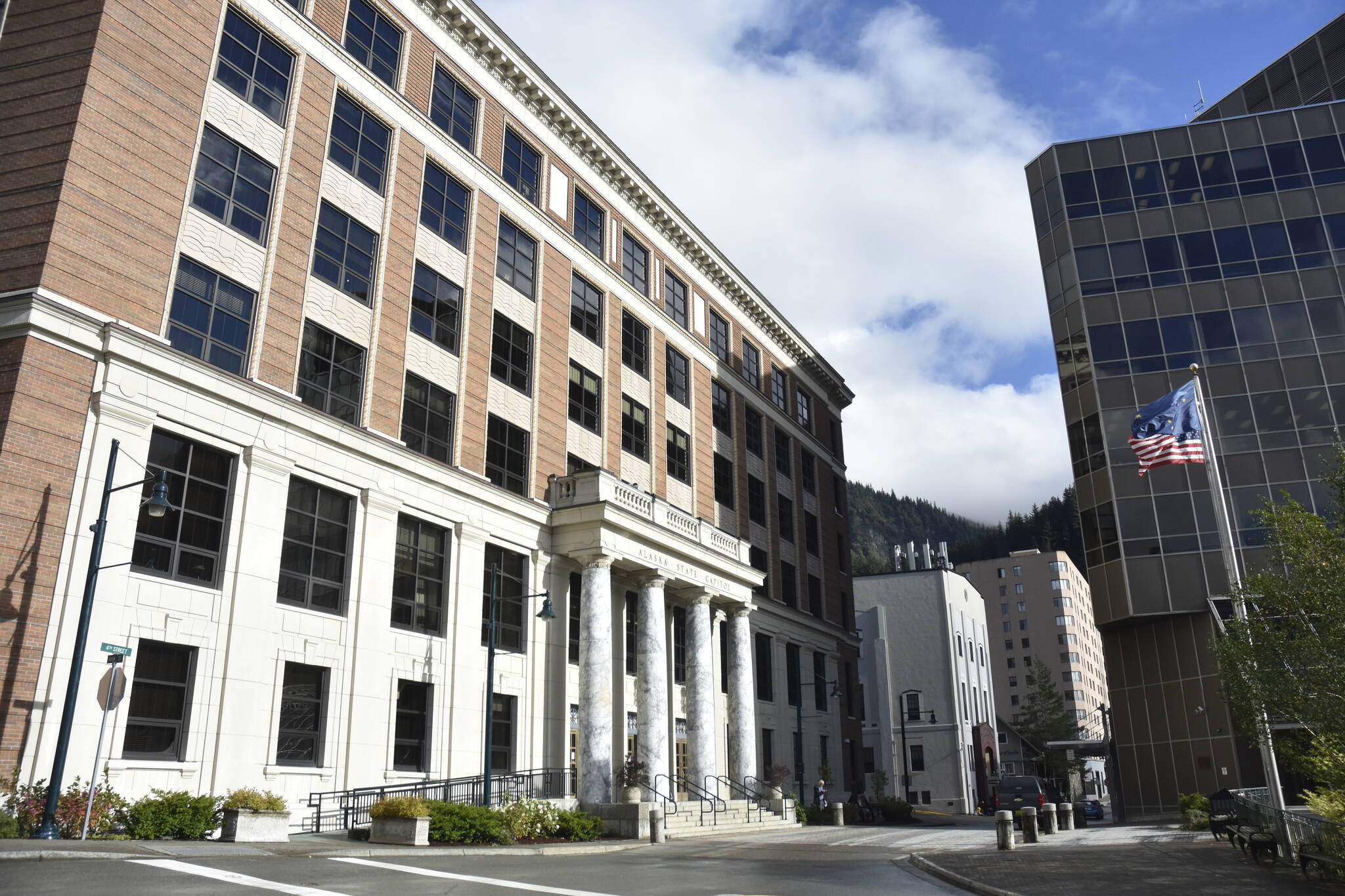By Zack Fields
The legislature is considering legislation to force Turo, a Silicon Valley car rental company, to pay the same vehicle rental taxes that are paid by all other Alaska-based car rental companies. This bill affects millions of dollars in revenue, but it’s more important than that. As commerce migrates online, we as a state face an existential question: Are voters sovereign, or will Outside companies with high-powered lawyers and lobbyists exempt themselves from the laws that govern local businesses? If we live in a nation of laws, those laws must apply to Big Tech as well as real people and local businesses in our community.
Many digital companies provide value and convenience to consumers by aggregating information. For example, AirBnB probably expands the overall number of rooms available for rent by vacationers, businesspeople, and so on. AirBnB pays bed taxes to Alaska localities at the same rate as local hotels, meaning the regulatory environment treats all room/apartment/hotel rentals equitably.
In contrast, Turo engages in tax evasion, attempting to hide records about car rentals executed through its network in Alaska. Under the clear letter of the law, Turo should be paying vehicle rental taxes right now. But the Dunleavy administration has been loathe to follow existing law, so HB 90 would make it crystal clear that Turo is in fact subject to this vehicle rental tax. There is zero question that such online sales are a legitimate subject of state taxation, as the Wayfair decision by the U.S. Supreme Court makes clear.
What is the risk of exempting Turo from taxation? In the short term, it means less user-fee revenue for roads, trails, and tourism marketing, which are programs that the vehicle rental taxes fund. Shielding Turo from taxation while applying taxes to local, brick-and-mortar companies confers a competitive advantage to an Outside company. This is perverse, since Turo’s business model does not produce jobs, property tax revenue, and all the multiplier effects of local car rental companies. Instead, Turo pulls about 1/3 the value of each car rental, taking it out of Alaska and sending it back to Silicon Valley and the locales of other major investors. Since Turo is attempting to hide information from the state, we don’t know the scale of their Alaska rentals, but a glance at Turo’s website would suggest that it may well be the largest car rental company operating in Alaska today.
It is the antithesis of government-for-the-people to exempt a billion-dollar Outside corporation from taxation, but force real local businesses to pay taxes. A democratic legislature should never give a competitive advantage to Outside mega-corporations or shift the tax burden to hard-working local entrepreneurs. We can’t let Turo become a monopoly in Alaska by using tax exemptions to underbid local businesses. Looking beyond Turo, we must be mindful of the profound ways digital commerce will reshape how markets for goods, services, and labor. In these policy considerations, we must protect democratic sovereignty, the power of people who we represent, and never give up our sovereignty in exchange for colonial economic policies decided in Outside corporate boardrooms.
• Zack Fields represents downtown Anchorage in the Alaska State Legislature, where he co-chairs the House Labor and Commerce Committee. Columns, My Turns and Letters to the Editor represent the view of the author, not the view of the Juneau Empire. Have something to say? Here’s how to submit a My Turn or letter.

